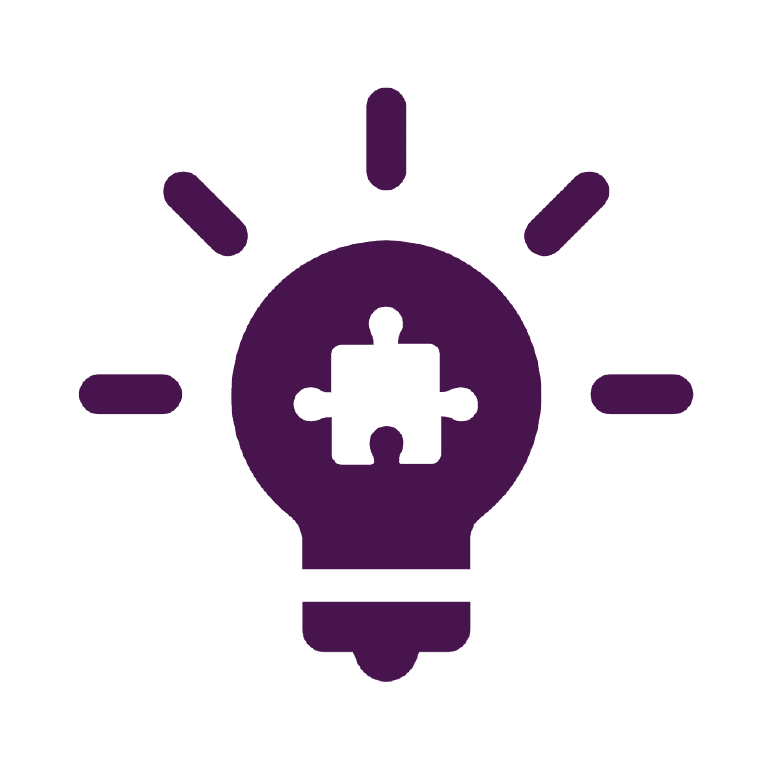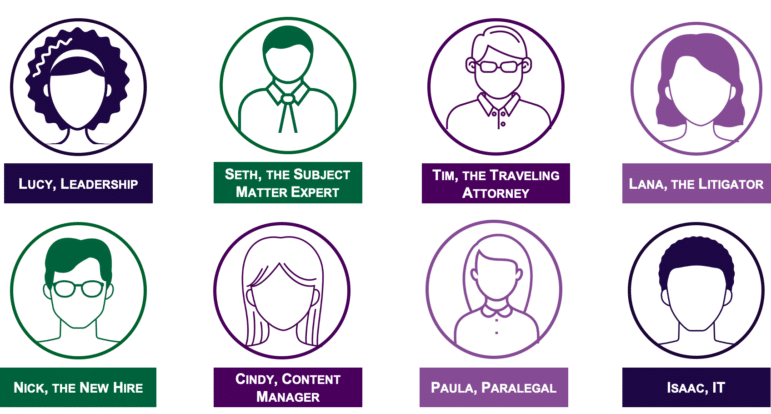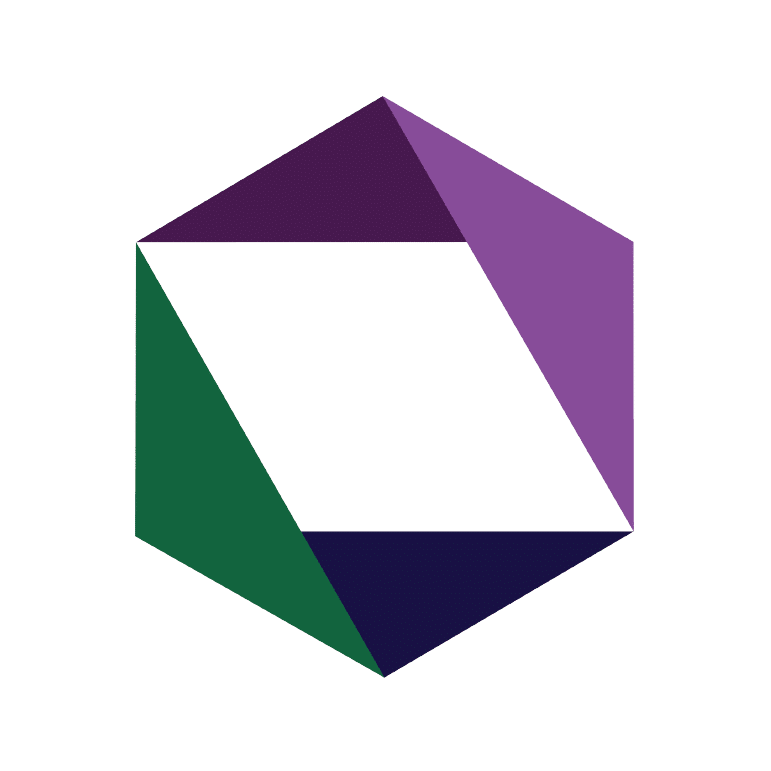
The Challenge
A general counsel’s office within the federal government was migrating their internal information system to the Amazon Web Services (AWS) cloud. As part of this initiative, the organization sought to enhance its Knowledge Management capabilities in order to optimize overall system usability, content management processes, and search efficiency to improve productivity for 1,000 of their staff, legal counselors, and representatives. Prior to the migration, the organization experienced ineffective search that surfaced thousands of results, many of which were irrelevant to what the user was looking for. This was not only due to ineffective search configuration and the limited capabilities of their internal search tools, but also due to the lack of a standardized taxonomy or metadata strategy to organize and manage content consistently. Additionally, their internal system was overrun with outdated content, obsolete content, and inconsistently designed sub-pages that staff found challenging and confusing to navigate. This was largely due to the lack of governance and efficient processes with which to manage content.

The Solution
Enterprise Knowledge (EK) partnered with the organization to assess the current and target state of their KM priorities, practices, and technology and subsequently designed a strategy and three-year roadmap to help the organization achieve their desired KM maturity. EK leveraged a hybrid, top-down, bottom-up approach to assess and benchmark the organization’s current state of KM using EK’s proprietary maturity benchmark. After defining the current and target state, EK developed a fully customized, iterative, task-based three year roadmap for the organization to achieve their target state. As part of the initiative, EK defined personas, pictured below, that represent user groups at the organization for which we defined the strategy for, in order to address their main needs and pain points.

In addition to providing the organization with the assessment and strategy and leveraging the aforementioned information gathering activities, EK implemented quick search enhancements to help the organization optimize the use of their existing search tools. Finally, EK provided the organization with a content inventory and clean-up plan, content tagging plan, and content type design to equip the organization with the foundational elements to improve the state of their content creation, tagging, and overall management, as well as enable optimized use of the AWS Cloud platform.

The EK Difference
Using a hybrid analysis approach, consisting of a combination of user-driven research (facilitated workshops, focus groups, and interviews) and technology-driven research (in-depth analysis of the existing technology and existing content), EK captured the current state of KM leveraging our proprietary benchmark of over 40 factors to fully assess and understand the comprehensive KM landscape across five key workstreams: people, processes, content, culture, and technology. EK ensured that the strategic recommendations resulting from these activities were aligned with organizational goals and priorities. Additionally, EK leveraged our extensive experience designing and implementing customized search solutions for organizations with similar business and content needs to deliver quick enhancements to their enterprise search design and provide actionable results.

The Results
As a result of this effort, the organization was able to build upon the foundational elements required to ensure that the migration of their content to the AWS Cloud results in:
- Improved content management processes to help standardize and streamline content management processes, including clearly defined content types, a well-designed business taxonomy, and a robust content clean-up approach;
- Enhanced access to the most relevant, up-to-date content;
- Well-defined processes to both consistently and efficiently create maintain, and evolve content, as well as capture, preserve, and share key organizational knowledge that the organization was at risk of losing; and
- Ongoing optimization and governance plan for technologies and tools that best support content management, document management, collaboration, and search across the organization in the long-term.
The organization now possesses a detailed, dynamic, and innovative plan to transform the organization’s content management processes, knowledge sharing and transfer, and technical stack in order to mature the way they generate, manage, find, and share information.
